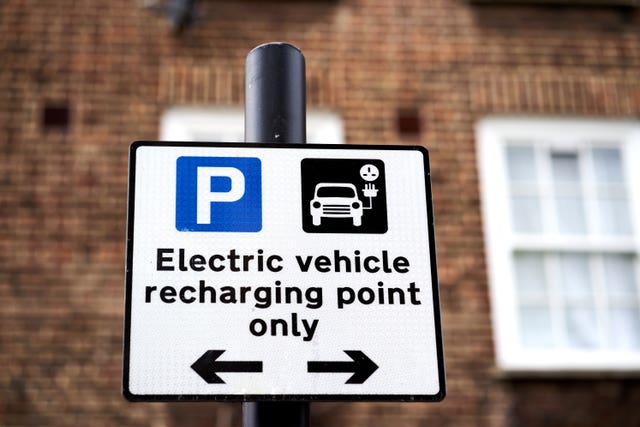
Schools in England will be able to apply for grants to buy and install electric vehicle chargers, and then sell the energy back to motorists.
The Department for Transport (DfT) has announced that state-funded schools and other learning institutions will have access to a grant providing up to 75% of the cost to install chargers, with funding available for up to £2,500 per socket, up from the previous £350 limit.
The chargers can be used for staff and visitors, but the DfT officials said it could also help schools to generate revenue by making the power outlets available to the public.
The proposals are part of the UK Government’s Plan for Drivers which is seeking to accelerate the rollout of electric vehicle (EV) chargers as more drivers make the switch from petrol and diesel cars.
To qualify through the Workplace Charging Scheme, schools, colleges and nurseries must have dedicated off-street parking facilities.
Independent schools can apply through the same scheme and through the electric vehicle infrastructure grant for small and medium enterprises.
Ahead of making the announcement in Nottinghamshire on Monday, transport minister Anthony Browne said: “We are getting on with delivering our Plan for Drivers, and this latest set of measures will mean electric vehicle owners everywhere benefit from easier and more convenient access to charge points.
“This Government has already spent over £2 billion to ensure a smooth switch to electric vehicles, and we are committed to supporting drivers as we transition towards net zero in a proportionate way that doesn’t burden working people.”
Baroness Barran, a minister in the Department for Education, said: “This is an exciting opportunity for schools across England to become part of an ongoing move towards a greener public sector.
“Schools engaging with this grant will be supporting the development of green infrastructure, helping to improve their local environments.
“The expansion of this grant supports our ambition to improve the sustainability of our schools in the ongoing move towards net zero.”

According to DfT figures, more than 53,000 public points have been installed across the UK, with about 770,000 fully battery-electric vehicles on UK roads.
Ministers are considering a number of ways to speed up car charger installation across the country.
One proposal due to be consulted on is to change the rules to allow EV charge point operators the right to carry out street works using a permit rather than a licence.
Permits can be issued faster, taking days to process instead of months, and are significantly cheaper to obtain than licences, the DfT said.
Licences can cost between £500 and £1,000 each, while permits can cost as little as £50 for minor works or £100 for standard works lasting between four to 10 days.
In order to provide more flexibility to individuals and organisations wanting to install EV charging outlets, the Government also intends to consult on removing what it called the two-metre limitation.
If brought forward, it would allow wall-mounted outlets and so-called upstanding chargers to be installed anywhere within an area lawfully used for off-street parking.

Enjoy the convenience of having The Sunday Post delivered as a digital ePaper straight to your smartphone, tablet or computer.
Subscribe for only £5.49 a month and enjoy all the benefits of the printed paper as a digital replica.
Subscribe